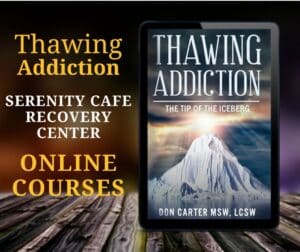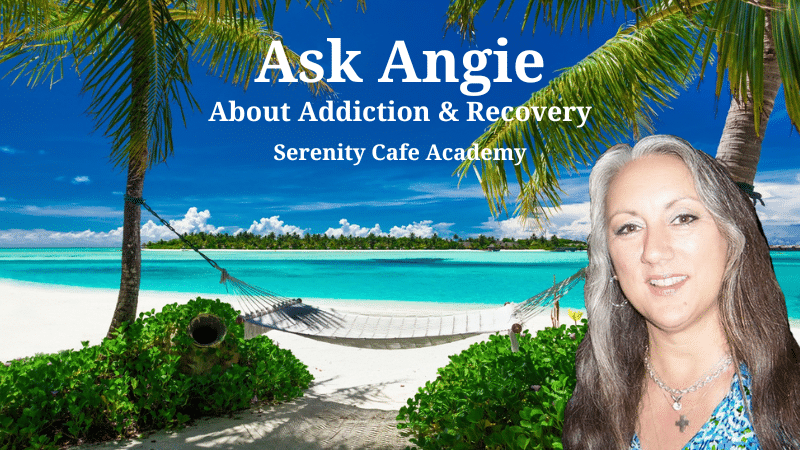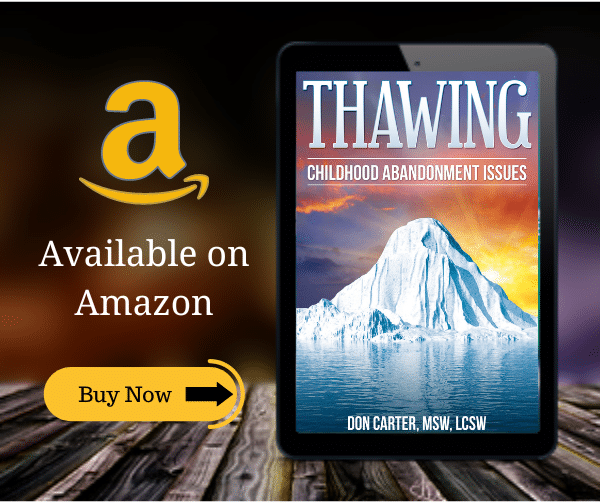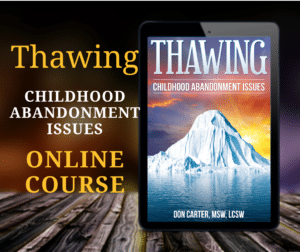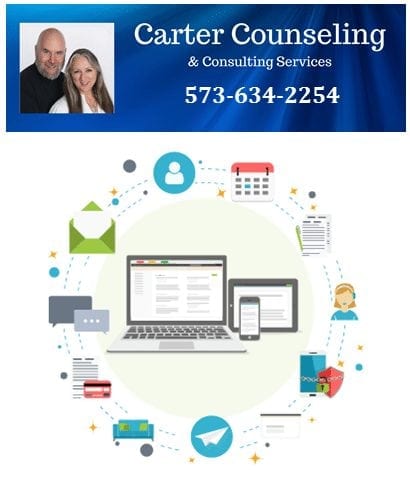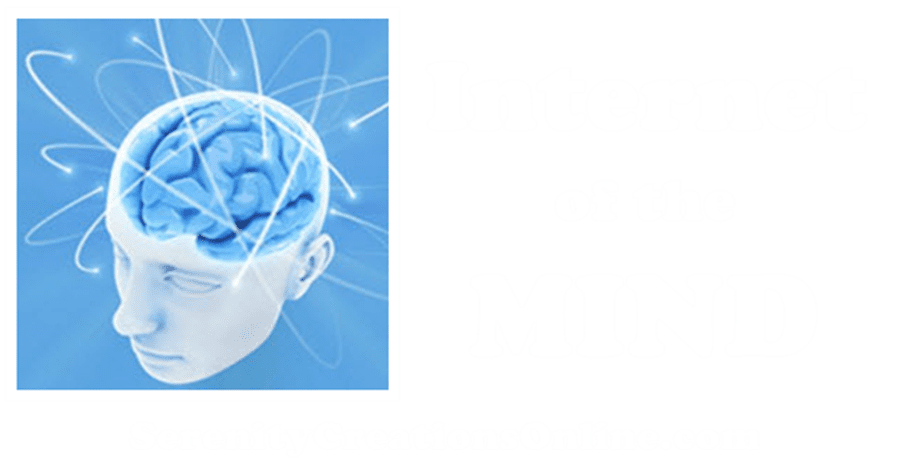
Cravings and Triggers of Relapse
Cravings and Triggers of Relapse: There are many aspects of working an addiction recovery program and part of that process is dealing with the issue of cravings and triggers. A trigger is something we see, hear, taste or experience that causes us to have a desire or ‘craving’ to use drugs or want a drink of alcohol. A craving is a very, very strong urge, want, or yearning. Sometimes cravings just happen, but more often than not, it is something that we experience or see that triggers us and then we experience cravings.
Cravings and Triggers
Being a person in long-term recovery, which means I haven’t found it necessary to drink alcohol or abuse drugs for the past 19 years, I needed to find out just what my cravings and triggers were so that I could avoid a full-blown relapse and prevent falling back into my addiction. I began by examining the places where I did most of my drinking. For me, it was the bars and house parties, although at the very end of my drinking I did much of it at home alone. I decided to try and stay away from social gatherings and places that served alcohol, at least in early recovery.
In the beginning, it was hard because, outside of work, that was where I spent most of the time. It was where most of my friends hung out. As the work week moved closer to the weekend people started talking about the weekend plans, who was having the party, or what band was playing where. It was difficult to bow out of those invitations. I felt like an outsider, sitting home alone. A couple of times I went and didn’t drink but I discovered those places weren’t much fun unless I was drinking. As time went on and I began to make new friends at my support group it became easier to not go back to places where alcohol was. I was no longer haunted by cravings and triggers
I also needed to examine what emotions or situations triggered me to want to drink or use something in order not to feel. I had quite a few cravings and triggers. I learned in my teenage years that if I didn’t like the way I felt or I was unsure of how to manage that emotion, all I had to do was take something and it would magically disappear! I felt so much stronger and more invincible when I was under the influence as if I could handle anything. In addition, it just seemed to make happy times even better. I could connect with my family and we all seemed closer when sitting around drinking alcohol.
In recovery learning to cope with feelings without trying to minimize them or enhance them, proved to be quite the endeavor. In essence, I had to learn how to grow up emotionally and that was no easy task. Many times irritation and frustration, when left unchecked, turned into stress or anger which in turn caused cravings and triggers. Becoming angry or hurt by some person’s action or some situation that didn’t go my way triggered an instant craving to want to grab a beer or take something because I was ‘upset’. Sitting with those feelings, examining the meaning I made out of the situation and determining if it was rational or not was something I was not used to doing. It required me to be patient with myself and ask others for help.

Resolve, Relapse, and Regrets
Experiencing hurt or emptiness was something I wanted to avoid at all cost and I learned that drugs and alcohol was a perfect way to do that. For me, I had to go back and do a lot of emotional work on my childhood of origin issues with the help of a counselor so that I could get off that seemingly endless cycle of cravings and triggers caused by pain from the past.
Slowly over time, those cravings and triggers became less intense and then finally almost non-existent. Today, when I get upset or hurt my first thought, does not trigger a craving, but to think about what recovery tool can I use to deal with it. For example, if it’s something I have no control over I can use the serenity prayer, or if I am upset I can talk to someone I trust or go to a meeting, or if I am feeling down so I can do something healthy for myself. All these tools work for me today, but at first, it didn’t appear as if they would because it didn’t produce an instant gratification – instant mood change.
The music I listened to when I drank or used drugs had become an “anchor” for that lifestyle and it would trigger a craving whenever I heard it. I began to explore other kinds of music that didn’t cause cravings and triggers. I began to go to theater plays and concerts by musicians that I was not familiar with and found out that I enjoyed their music as well. Over time I was able to once again listen to the music that I had enjoyed in my past, without it causing a trigger.
It is important to find out what cravings and triggers individual experiences and get honest about those situations. Early on I did not believe I needed to change where I went, what I listened to, who I hung out with or examine what I was feeling. During my first attempt at not drinking, I only stayed sober for five months. When I got back into recovery, I became willing to take their suggestions and follow directions. So far this path has availed me nineteen wonderful years of sobriety and for that I am grateful. There is hope and there is help.
About the Author
Angie Carter, CRADC, SAP is a certified alcohol and drug counselor in the State of Missouri and DOT certified Substance Abuse Professional. She is in private practice with her husband at Carter Counseling and Consulting Services in Central Missouri. Angie is available for telephone coaching and/or consultation. Click here to contact Angie with your questions or feedback.
